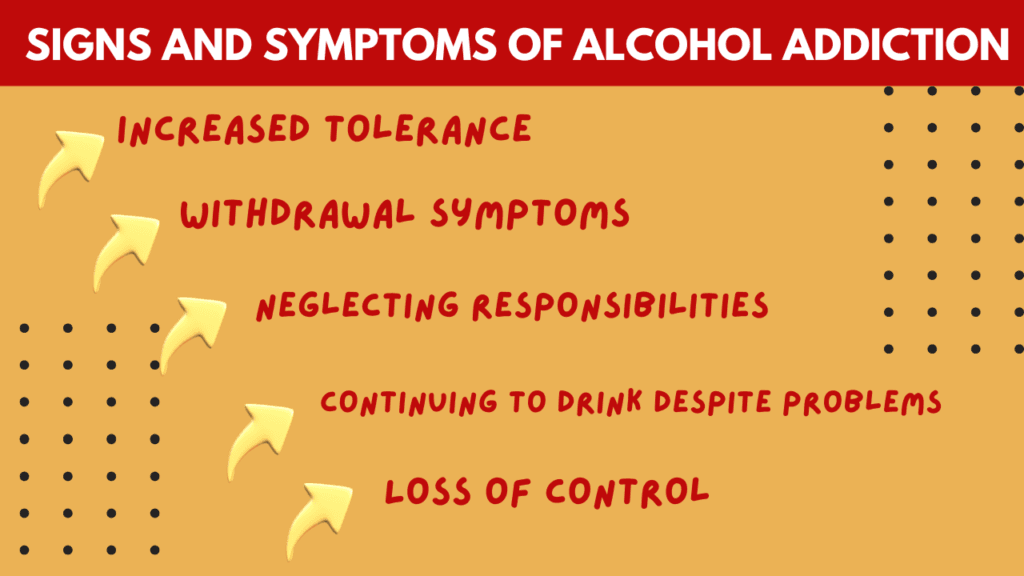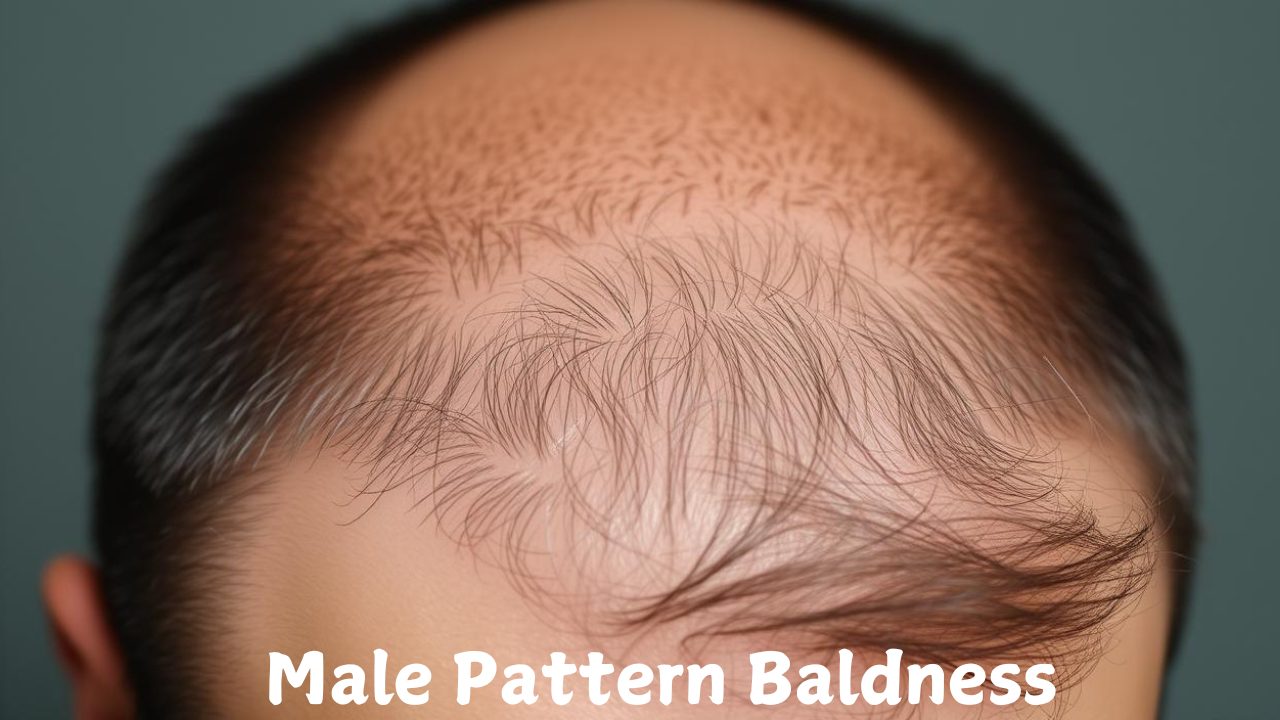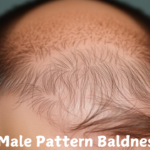- 1 Introduction:
- 1.1 Problem:
- 1.2 Agitation:
- 1.3 Solution:
- 1.4 Section 1: Understanding Alcohol Addiction:
- 1.5 What is Alcohol Addiction?
- 1.6 Defining Alcohol Addiction:
- 1.7 Signs and Symptoms of Alcohol Addiction:
- 1.8 Why Men Are More Prone to Alcohol Addiction:
- 1.9 Section 2: The Short-Term Effects of Alcohol on Men’s Health:
- 1.10 Impact on Mental Health:
- 1.11 Physical Risks:
- 1.12 Section 3: The Long-Term Effects of Alcohol on Men’s Health:
- 1.13 Chronic Health Problems Linked to Alcohol:
- 1.14 Liver Disease and Alcohol:
- 1.15 Cardiovascular Issues:
- 1.16 Impact on Sexual Health:
- 1.17 Mental Health Over Time:
- 1.18 Section 4: Alcohol and Men’s Social and Emotional Well-being:
- 1.19 Section 5: Overcoming Alcohol Addiction:
- 1.20 Steps to Take for Recovery:
- 1.21 Recognizing the Problem:
- 1.22 Seeking Professional Help:
- 1.23 Building a Support Network:
- 1.24 Developing Healthier Coping Mechanisms:
- 1.25 Section 6: Prevention and Maintaining Sobriety:
- 1.26 Tips for Staying Sober:
- 1.27 Identifying Triggers:
- 1.28 Lifestyle Changes:
- 1.29 The Role of Continued Support:
- 1.30 Conclusion:
Introduction:
Problem:
Drinking-Alcohol is part of many people’s everyday lives. It is viewed as normal due to the availability of alcohol in many societies, and thanks to its widespread use as a social solvent or passage to adulthood. However, the fact is that alcohol use has severe negative effects on men, and various rates are depending on age. Alcohol consumption and alcohol-related health issues are manifested more in men than in women and in large quantities. For that reason, while using alcohol is quite common there are a lot of men who do not know that drinking alcohol can be fatal if taken in large quantities.
Agitation:
Just think about getting out of bed each morning knowing you’re exhausted, grumpy, and unfocused, and just relying on another cup of coffee to make it through the day. It is a cycle that can be draining, for your body, mind, and emotions. And this is not just an individual problem – alcoholism erases friendships, families, jobs, and hopes. However, cultural norms that force men to take their drinks and boast “I can drink you down, buddy” or “I don’t take a paw at anything, I can drink this,” prevent many from seeking assistance.
Solution:
This article will try to finally pull the pin and help shed light on how alcohol affects overall male health. Recognizing the signs, making baby steps toward change, and getting your life back from alcohol dependence is the speck of hope that this post will shine the light on both the short-term and long-term impacts of alcohol consumption.
Section 1: Understanding Alcohol Addiction:
What is Alcohol Addiction?
Alcohol dependence and alcoholism mean the same and this is a sickness that entails one’s inability to cease drinking despite realizing that this is bad for them. Thus, in the process of growing up, many men take the first sip as having fun saying to themselves: It is okay to have a beer for a beer does not make a man less of a man, but in the end, alcohol becomes a regular and an inherent part of their lives, which it tough to let go.
Defining Alcohol Addiction:
Drinking alcohol is not synonymous with Alcoholism, this is a disease more complex than merely indulging in a habit. It refers to the sickness, where one becomes bodily and mentally sick due to alcohol. According to the principle of dependence, the body and brain change for the act of taking it regularly leading to tolerance where one requires so many turns to have the same result. This in turn may develop into physical alcohol dependence, which means the body gets withdrawal symptoms when it is not given alcohol.

Signs and Symptoms of Alcohol Addiction:
It is possible to identify several signs that will help indicate whether a man is an alcoholic. These can include:
- Increased tolerance: Requiring an increased amount of alcohol to get the desired effect.
- Withdrawal symptoms: Getting anxious, having tremors, sweating, or nausea at the sight of a drink or when not holding one.
- Neglecting responsibilities: Neglecting responsibilities in personal, professional, academic, or family life because of drinking.
- Continuing to drink despite problems: Continuing to drink alcohol regardless of having problems resulting from the use of alcohol.
- Loss of control: Sometimes, having a craving for alcohol and being unable to reduce the amount of consumed alcohol or to quit it at all after attempting to do so.
Why Men Are More Prone to Alcohol Addiction:
Alcohol addiction or alcohol dependence is now known to affect men more than women. This is partly compounded by a social culture that approves excessive drinking as a sign of being masculine. Moreover, biological factors of genetic makeup, metabolic enzymes specifically, alcohol dehydrogenase that are more active in men help them accommodate more alcohol before it starts depressing the central nervous system, hence, they adapt more alcohol and are likely to develop an alcohol use disorder.
Section 2: The Short-Term Effects of Alcohol on Men’s Health:
Immediate Health Risks of Alcohol Consumption:
The impacts of alcohol on the human body are instant, and normally dangerous, even under one session of binge drinking. In the case of males, it has various effects from moderate to serious if the amount consumed exceeds a certain measure.

Impact on Mental Health:
Alcohol, on the other hand, is a CDS – Central Nervous System depressor, and as such it slows down brain activity. This can lead to short-term mental health issues, such as:
- Impaired judgment: Alcohol interferes with the working of the prefrontal cortex; a part of the brain responsible for decision-making and impulse control.. This may result in improper use of the vehicle, such as driving while intoxicated, or improper relationships such as wrong practices concerning sexual diseases.
- Mood swings: Alcohol can make other mental health disorders such as anxiety or depression worse. This is often usually seen as a means through which a person relaxes, but it may just as well be the cause of emotional turbulence.
- Memory lapses: Informally referred to as “blackouts,” these periods occur when alcohol averts the capability of the brain to develop new memories, and as a result, a person cannot remember some incidents.
Physical Risks:
There are many physical dangers of short-term use of alcohol as discussed below. These include:
- Accidents and injuries: Cohamking delates coordination and slowens undertime responses, promoting the odds of incidents, slips, and misfortunes.
- Alcohol poisoning: Drinking too much in a short space of time can result in alcohol poisoning, a dangerous condition that can be life-threatening if the person concerned does not seek professional help.
- Gastrointestinal issues: After a single night of binge drinking, a person experiences nausea vomiting, and pain in the tummy.
Section 3: The Long-Term Effects of Alcohol on Men’s Health:
Chronic Health Problems Linked to Alcohol:
Many people also don’t know that there are long-term issues with alcohol too. Constant consumption of alcohol destroys many of the body’s organs and significantly shortens a man’s life compounding his ability to live a good life.

Liver Disease and Alcohol:
One of the worst-hit organs in the long-term consumption of alcohol is the liver and the kidneys. Alcohol-induced liver diseases include:
- Fatty liver disease: This is the mildest form of alcohol-related liver disease where the liver cells are filled with fats. It reverses with abstinence and continued drinking can cause a more severe form of the illness.
- Alcoholic hepatitis: Disease that surfaces as a result of the physical damage that is caused by the consumption of large quantities of alcohol to the liver cells. Some of the signs associated with the diseases include yellowing of the skin as well as eyes, stomach aches, and often rising body temperatures.
- Cirrhosis: The last and irreversible condition of liver disease characterized by the replacement of the healthy liver tissue with fibrotic tissue resulting in liver failure.
Cardiovascular Issues:
Habitual use of alcohol is well-documented with an increased risk of cardiovascular diseases. Chronic alcohol use can lead to:
- High blood pressure: It increases blood pressure levels and can cause hypertension over time increasing the risk of developing heart diseases and stroke.
- Cardiomyopathy: A disease that results from the weakening of the heart muscles hence the ability to pump blood effectively thus heart failure.
- Arrhythmias: Alcohol can trigger arrhythmias and, in extreme cases can result in sudden cardiac Death.
Impact on Sexual Health:
Alcohol affects sexual health, especially in men, in many ways. Over time, excessive drinking can lead to:
- Erectile dysfunction: Drinking undermines the communication between the brain and the penis that is required for erection complications with sexual performance.
- Reduced testosterone levels: Alcohol lowers testosterone levels this in turn has an impact on sexual desire, muscle bulk, and depression.
- Fertility issues: It was also found that alcohol has a bearing on sperm quality in that it weakens one’s ability to conceive.
Mental Health Over Time:
This section has several consequences as indicated in the case of alcohol on the mental status taken in the long run. Chronic alcohol use can lead to:
- Alcohol-induced depression and anxiety: The bitter truth is that although alcohol helps to reduce stress it worsens mental health resulting in chronic depression and anxiety.
- Cognitive decline: When it is used for an extended period, and prolonged, it may even result in memory loss, dementia, and difficulty in concentrating.
- Increased risk of suicide: They have found out that alcohol is involved in many of the suicide cases, as it reduces an individual’s capacity to reason.
Section 4: Alcohol and Men’s Social and Emotional Well-being:
The Impact on Relationships:
Alcoholism is not only damaging to one’s self but also to any social contacts the person may have.
The strain on Family and Friendships:
It should be noted that, similarly to the above-mentioned points, addiction also expects a lot from relations. Men who struggle with alcohol addiction may:
- Become isolated: It also becomes digitally embarrassing to be seen as a drunkard and therefore men end up isolating themselves from other activities.
- Neglect responsibilities: In turn, one is most likely to have problems with the family and job due to negligence since alcoholism prevails.
- Engage in destructive behavior: Alcohol creates conditions under which individuals become aggressive or abusive, which only worsens relationships.
Alcohol and Masculinity:
Culture makes it normal for men to drink a lot of alcohol and associate them with the drink as a sign of manliness. This cultural pressure can keep an addicted man from seeking treatment because he cannot stand the stigma of being looked at as a soft case, or a coward.
Section 5: Overcoming Alcohol Addiction:
Steps to Take for Recovery:
Culture makes it normal for men to drink a lot of alcohol and associate them with the drink as a sign of manliness. This cultural pressure can keep an addicted man from seeking treatment because he cannot stand the stigma of being looked at as a soft case, or a coward.
Recognizing the Problem:
The first stage of treatment is always admittance that there is an issue present. This involves:
- Self-reflection: Knowledge of how the substance has been a problem in one’s life.
- Seeking feedback: Hearing people close to him commenting about his intake.
Seeking Professional Help:
There are various forms of professional support available for those struggling with alcohol addiction:
- Therapy: CBT is useful in eradicating the causes that result in substance use disorder as a behavior.
- Rehabilitation programs: Inpatient or outpatient rehab programs offer regular plans and necessary recovery plans for the patient.
- Support groups: Others like Alcoholics Anonymous (AA) comprise a team of people who share the same addiction and support and encourage one another.
Building a Support Network:
It is much easier for recovery if there are good people around to support you. Men should:
- Lean on family and friends: Find other people who can support you and should be informed about your work.
- Join support groups: Interact with those people who have a primary or secondary understanding of the difficulties of dependency.
Developing Healthier Coping Mechanisms:
Adaptive strategies that might help one reconcile oneself with their future are also very important to recovery. Some alternatives include:
- Exercise: Exercise can alleviate stress and enhance mood under conditions of chronic practice and controlled for player age.
- Meditation and mindfulness: It may include activities to decrease stress and other measures to enhance on promotion of positive emotional health.
- Hobbies: There is evidence that although positive engagement in activity may be thought of as ‘masking’ negative feelings, it can also give a sense of purposeful, positive form to feelings.
Section 6: Prevention and Maintaining Sobriety:
Tips for Staying Sober:
Abstinence and abstinent behavior is a daily and nightly fight and work in progress. Here are some tips for maintaining sobriety:
Identifying Triggers:
Knowledge of what causes the craving is an essential precondition for successful abstinence. Common triggers include:
- Stress: Avoiding things that cause stress can help an individual avoid the urge to take alcohol.
- Social situations: Staying out of places where alcohol is consumed or learning how to handle yourself if you are around alcohol is a way of staying sober.

Lifestyle Changes:
Better levels of fitness can be achieved that are conducive to a new drug-free life. Consider:
- Diet and nutrition: Stating that eating a balanced diet can help out with various aspects of health and existence.
- Regular exercise: Physical activity means one will be able to keep off diseases that may affect him or her both physically and mentally.
The Role of Continued Support:
One must be willing to commit to a lifetime of recovery because the disease is a lifelong chronic illness. This can include:
- Attending support groups: Another is to attend regular meetings like AA to get constant motivation.
- Therapy: The patient who has undergone rehabilitation may continue having their therapy to treat any factors that will result in relapse.
Conclusion:
Alcohol dependency is an important social problem that affects numerous males globally. The elements such as intentional and intentional drinking of alcohol, capacity to distinguish places of alcohol dependency, and willingness to retribution are a few of the aspects that need to boost health and live a superior quality life.
Recovery can be achieved but this requires intention, and support from friends, family members, carers, and physicians. In case you or your close one faces the problem of alcoholism, there is no need to remain alone. Let me recall the beginning of recovery when the person has to admit they have a problem and require help.
Finally, the reader must understand that sobriety together with abstinence of alcohol contains much more profound meaning as It is a chance to tackle life and turn something out of it.
1. What are the early signs of alcohol addiction?
Each sign of alcoholism may include the following; requiring increased amounts of alcohol to fulfill the desired purpose, drinking by him /herself or in seclusion, developing withdrawal symptoms such as anxiety and nausea when not drinking, negligence in his /her duty at workplace or home and lastly, continues to drink even when experiencing negative impacts.
2. How does alcohol affect men’s mental health in the short term?
Alcohol in the short term can lead to poor decision-making, changes in both moods, and forgetting events. They can include aggravation of ailments such as anxiety or depression and is likely to lead to recklessness due to low self-control.
3. What long-term health problems are associated with chronic alcohol use in men?
Alcohol in the long term causes some diseases and complications in men, these complications include infections of the liver such as fatty liver, alcoholic hepatitis, cirrhosis, cardiovascular diseases including high blood pressure, heart failure, arrhythmias, problems with erectile dysfunction, low levels of testosterone, and severe mental problems involving alcohol induced depression and others involving cognitive decline.
4. Why are men more prone to alcohol addiction than women?
Male gender is a risk factor for alcohol dependence as a result of social and biochemical factors. Culturally people especially men are encouraged to indulge in alcohol as a result of being macho. From the biological point of view, men have a higher level of alcohol dehydrogenase an enzyme that breaks down alcohol molecules this makes them able to take higher doses of alcohol before the molecules start to affect the body and this leads to dependency.
5. How can alcohol addiction affect a man’s social and emotional well-being?
Self and interpersonal problems associated with alcohol include shortened and/or strained relationships with relatives and friends therefore resulting in loneliness and raising the tendency for aggressiveness and physical violence. It also creates a cycle of guilt and shame eliminating the chances of care services utilization.
6. What are the first steps a man should take if he suspects he has an alcohol problem?
Self and interpersonal problems associated with alcohol include shortened and/or strained relationships with relatives and friends therefore resulting in loneliness and raising the tendency for aggressiveness and physical violence. It also creates a cycle of guilt and shame eliminating the chances of care services utilization.
9. Can alcohol addiction be completely cured?
Although alcohol dependence cannot be said to have a cure it is a disease that can be managed. Several distinct steps and methods are available to help those men successfully kick the habit and begin to fulfill their lives without alcohol. Recovery is not a one or few-time thing, and to sustain it, one has to work at it.

















2 thoughts on “Alcohol and Men’s Health: How to Stop Alcohol Addiction”